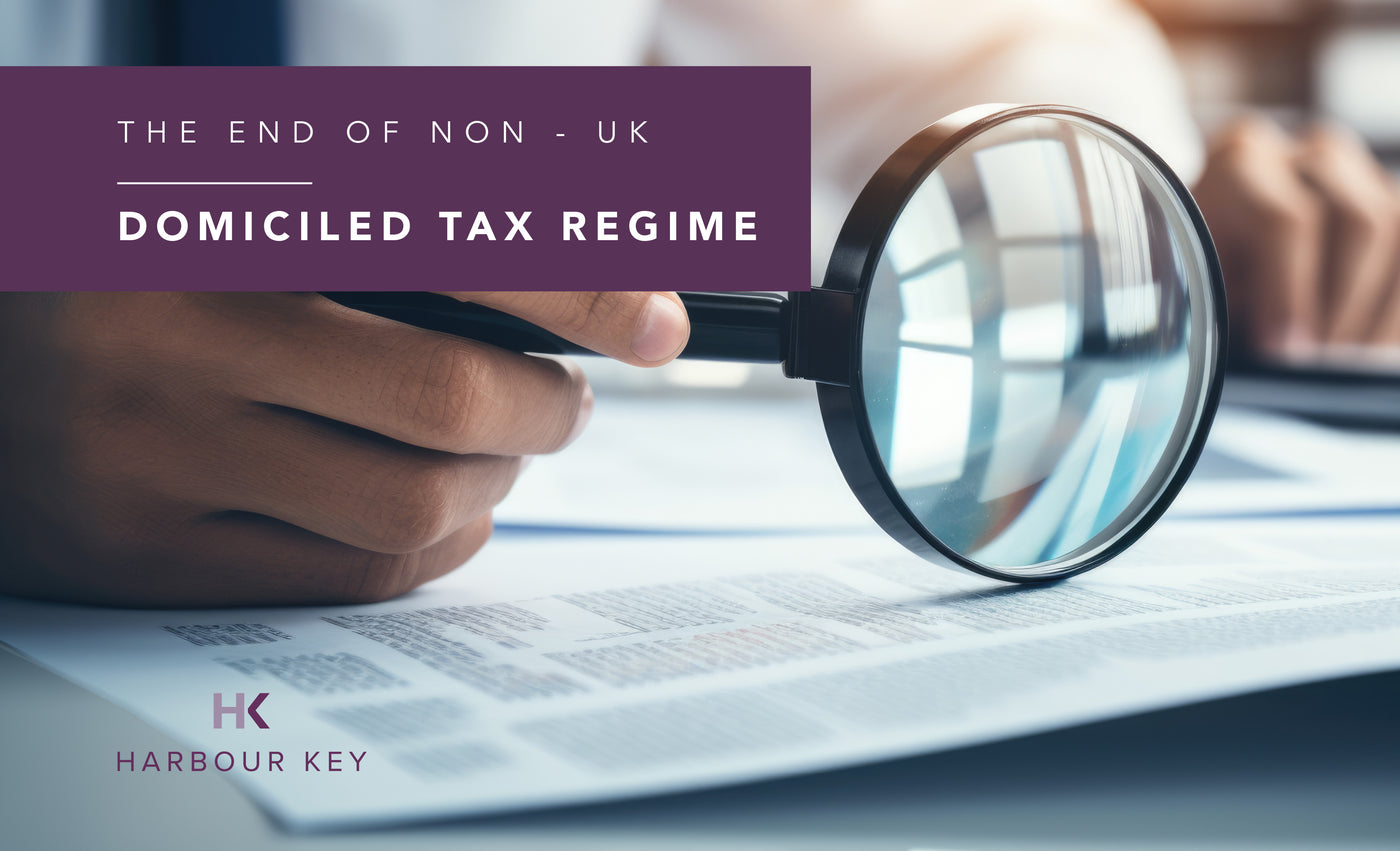
The new Chancellor has gone further than the last Chancellor in respect of changes to the non-UK domicile tax regime.
A non-UK domicile describes a UK resident whose permanent home (or domicile) for tax purposes is outside of the UK. It refers to a person's tax status, and has nothing to do with their nationality, citizenship or resident status, although it can be affected by these factors. Currently a non-UK domicile has the option to only pay UK tax on the money they earn in the UK and not pay UK tax on money made outside the UK, unless they bring these earnings into the UK (a remittance).
The non-UK domicile regime has undergone a number of changes over the last 15 years, the most recent being from the last conservative chancellor before the change of Government. In the March 2024 Budget it was announced that the non UK-domicile regime was to be abolished from 6 April 2025, taking with it the remittance basis of taxation. The regime being replaced with a different scheme that runs over four years, only available to new arrivals who have not been UK tax resident for at least 10 years.
Labour while in opposition had always stated they would abolish the favourable tax regime, but as part of Rachel Reeve’s announcements on 29 July, she will strengthen the original proposals set out by the Conservatives with tougher transition rules and a new residence-based regime for inheritance tax (“IHT”) set to come into force from 6 April 2025. As part of the announcement, the Treasury stated “approach (as announced in March 2024) left several advantages for existing non-doms, which the government is committed to ending.”
Although only a policy paper was released, not draft legislation, we do know:
- That the transitional plan announced by former Conservative chancellor Jeremy Hunt, which provided a 50% reduction in foreign income subject to tax for individuals who lose access to the remittance basis in the first year of the new regime, is not being implemented, i.e. there is no soft landing;
- As previously announced, there will be a four-year Foreign Income and Gains (“FIG”) regime. This will provide 100% relief on FIG for new arrivals to the UK in their first four years of tax residence, provided they have not been UK tax resident in any of the 10 consecutive years prior to their arrival. UK resident individuals who are ineligible for the FIG regime (or who choose not to make a claim for a tax year) will be subject to UK income tax and Capital Gains Tax (“CGT”) on foreign income and gains, whether remitted to the UK or not;
- Transitionally, for CGT purposes, current and past remittance basis users may be able to rebase foreign capital assets they hold to their value at the rebasing date when they dispose of them. The government is considering the appropriate rebasing date and will set this out at the Autumn Budget;
- A new temporary repatriation facility will be available for individuals who have been taxed on the remittance basis. Individuals that have previously claimed the remittance basis will be able to remit FIG that arose prior to 6 April 2025 and pay a reduced tax rate on the remittance for a limited time period after the remittance basis has ended. The rate and the length of time this will be available is still to be decided;
- It has also been confirmed that, from 6 April 2025, a new test for Inheritance Tax in relation to non-UK assets will be introduced. This will be based on 10 years of tax residency and will keep someone within the scope of Inheritance Tax for 10 years after leaving the UK, but there is further consultation on the operation of the new rules;
- Another major change announced, is there will no longer be any protection from UK taxes using offshore settlor-interested trust or excluded property trusts. At this time, it is not clear if trusts already in place will be brought in to the new regime, but Labour had stated this would likely be the case before the election;
- There will be a review of offshore anti-avoidance legislation, including the transfer of assets abroad and settlements rules, to ensure they are fit for purpose;
- A form of Overseas Workday Relief (“OWR”) will be retained and further details will be confirmed at the Autumn Budget on 30 October;



